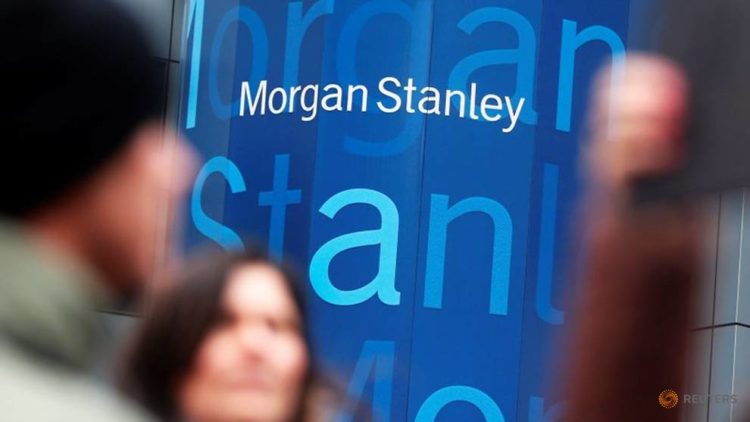[ad_1]
NEW YORK: Questions are constructing about whether or not huge US banks should reduce dividends later this yr because the coronavirus disaster places a file portion of Individuals out of labor, making it tough for debtors to pay again loans.
Wall Road analysts had been initially skeptical that US lenders must observe European counterparts and non-financial firms which have already achieved so, however in current days, some have began to take the likelihood extra severely.
Banks which have heavy publicity to bank cards are most in danger, they mentioned.
These lenders, together with Citigroup Inc, JPMorgan Chase & Co and Capital One Monetary Corp, might breach Federal Reserve limits on utilizing capital for dividends when mortgage losses escalate and erode earnings.
“One of the crucial vital variables that can decide whether or not banks have satisfactory capital to keep up dividends is the extent to which shoppers draw down on excellent credit-card strains,” Goldman Sachs financial institution analyst Richard Ramsden mentioned in a report on Thursday.
Bank cards have an “outsized influence,” Ramsden mentioned, as a result of lenders have prolonged some US$2 trillion in these loans to shoppers, and efficiency is so intently tied to unemployment.
Card mortgage loss charges might double below extreme financial stress, and be greater than 3 times the speed on industrial loans, he mentioned.
On stability, nevertheless, “all the banks must be able to keep up dividends at, or near, the present run charge,” he mentioned.
FINANCIAL HEALTH
Dividends are seen as proof of excellent monetary well being and encourage loyalty from traders who anticipate that earnings, which makes firms leery of slicing them.
Nevertheless, practically 10 million Individuals have filed jobless claims because the coronavirus has shut down retail shops, eating places and different companies deemed “non-essential” throughout the nation.
Economists anticipate the unemployment charge might ultimately spike as excessive as 20 per cent and US financial output fall as a lot as 34% earlier than the nation can get again to regular.
The European Central Financial institution informed their lenders on Mar 27 to skip dividends and share buybacks till no less than October, estimating they may save 30 billion euros by doing so.
Though main US banks already halted share repurchases by June to preserve capital, they face political strain from Democratic lawmakers, distinguished former regulators and a few financial commentators to chop dividends as effectively.
Banks have up to now resisted these calls, arguing that they’re financially stronger than European banks.
“Our dividend is sound,” Citigroup Chief Govt Mike Corbat informed CNBC on Wednesday. “We plan on persevering with to pay it.”
Goldman Sachs Group Inc CEO David Solomon and Morgan Stanley CEO James Gorman made related statements in tv interviews this week.
Behind the scenes, nevertheless, dividends have more and more grow to be a high agenda merchandise, an business lobbyist informed Reuters, with bankers discussing what they need to do and whether or not they need to coordinate any motion.
A major concern is that suspending dividends will damage share costs at a time when shares are already below intense stress, the particular person mentioned, asking to not be named as a result of he isn’t authorised to talk to the media.
The business might don’t have any selection if banks get too near the Fed’s limits on capital use for dividends, analysts mentioned. That would occur as quickly because the second half of this yr, notably for main card lenders, as delinquencies and loan-loss provisions enhance, Ramsden mentioned.
If unemployment reaches 10 per cent, banks may report much less in quarterly earnings than they deliberate to pay out in dividends, Oppenheimer & Co analyst Chris Kotowski mentioned.
[ad_2]

